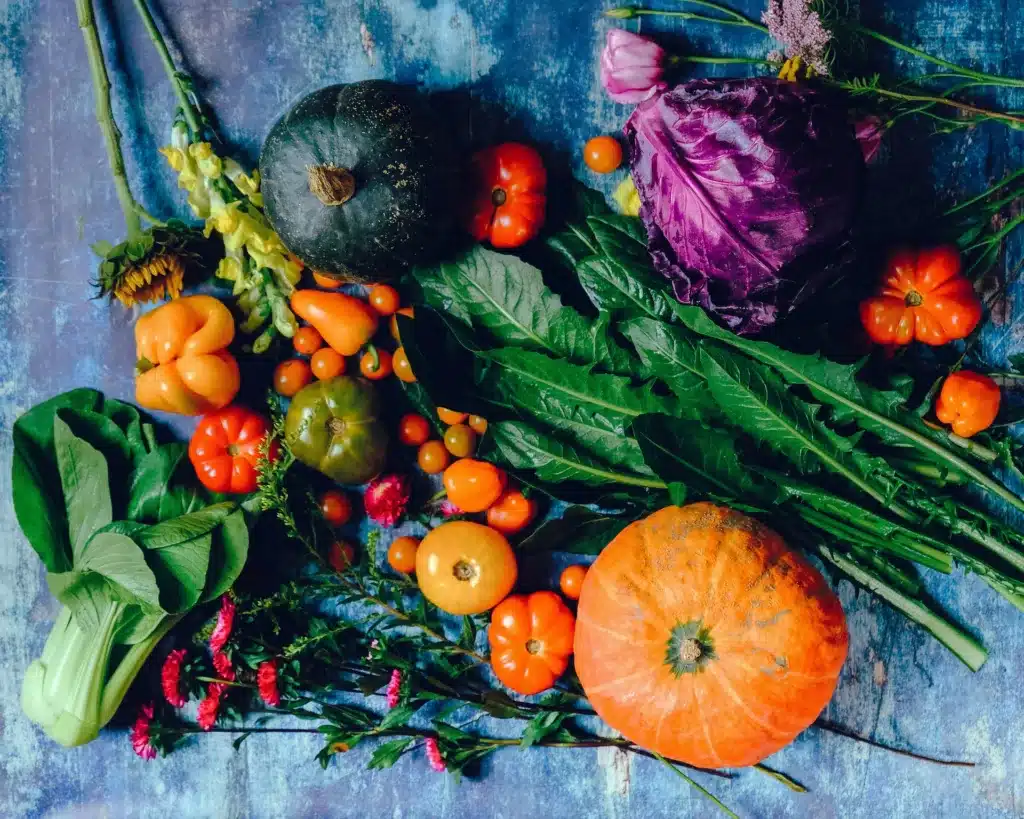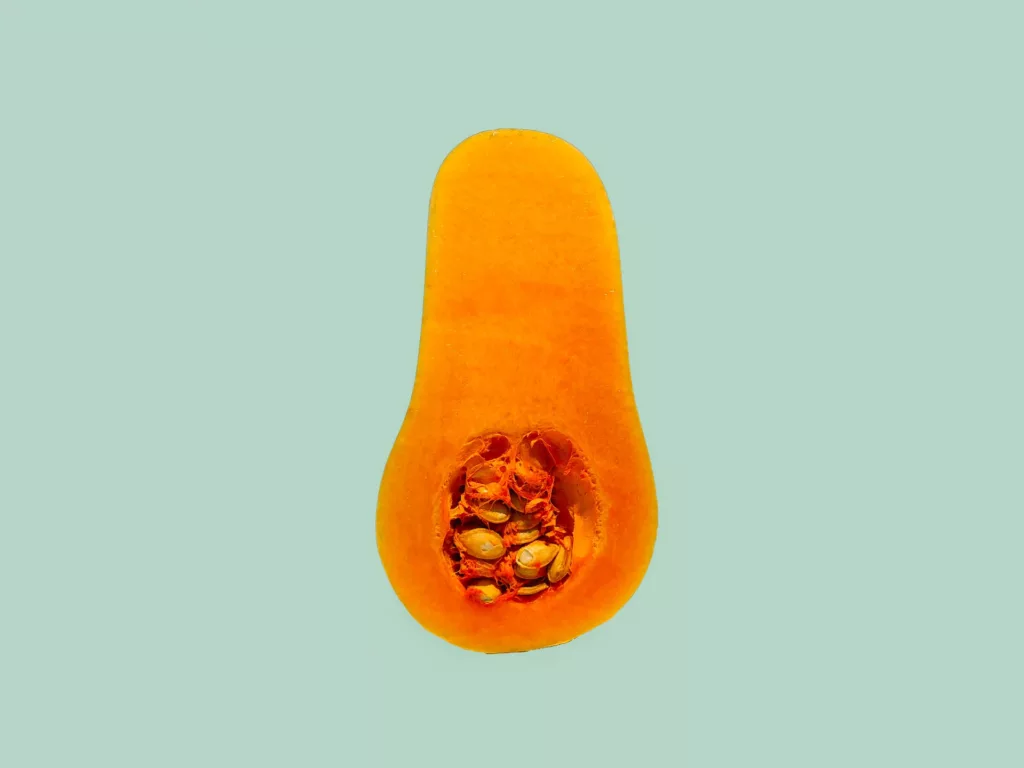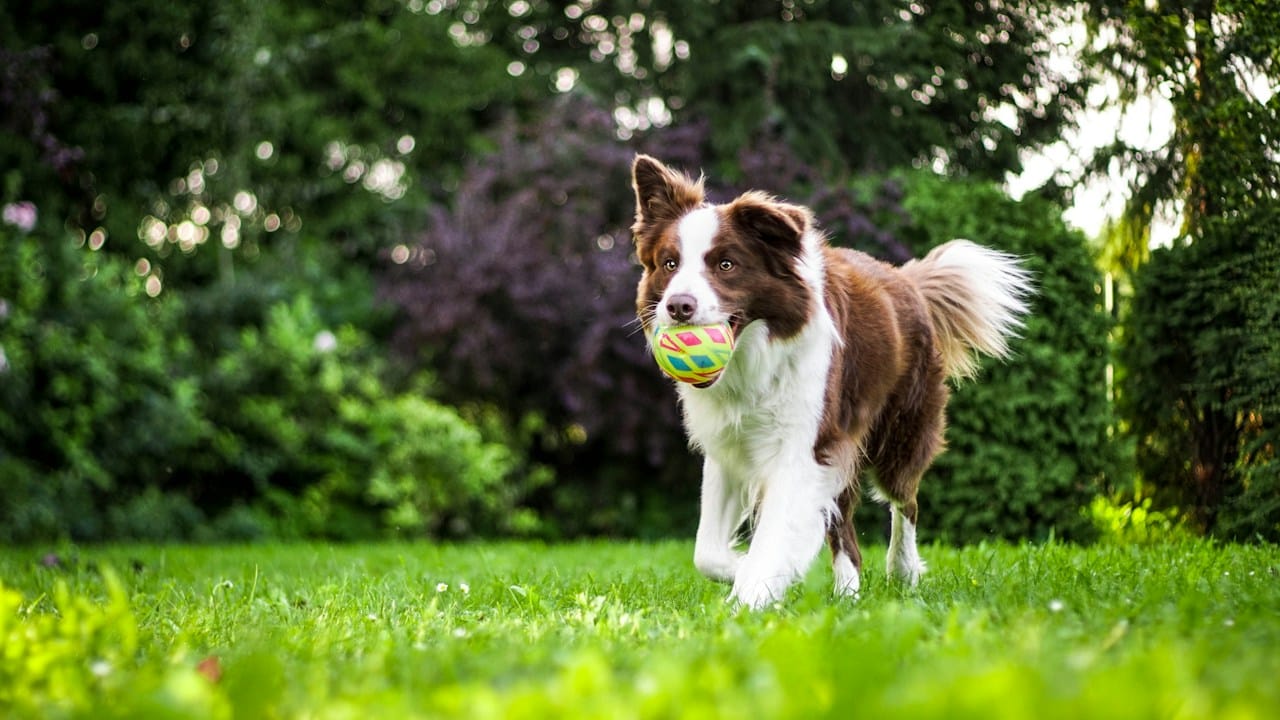As pet owners, we always want to give our dogs healthy food. We often wonder if they can eat the same food we eat. One food that we’re curious about is squash. Can dogs eat squash too?
Well, in this article, we’ll learn all about dogs and squash to find out if it’s safe and good for them.
Squash is a yummy vegetable that many people enjoy. It comes in different types like butternut squash, zucchini, and acorn squash. We love to eat squash because it’s colorful and tasty. But what about our dogs?
Can they eat squash and get the same good stuff from it? Are there any problems with giving squash to dogs? Let’s find out!
By learning about the safety and benefits of dogs eating squash, we can make smart choices about their food. So, if you want to know if your dog can have squash too, keep reading to get all the answers!
Table of Contents

Types of Squash for Dogs
Now, let’s talk about the types of squash that are safe for dogs to eat. Not all squash is good for them, but there are some kinds that they can enjoy without any problems.
Here are some safe types of squash for dogs:
- Butternut Squash: It tastes sweet and nutty. Dogs can get lots of vitamins A, C, and E from it, along with fiber and antioxidants. But remember, it needs to be cooked the right way before giving it to your dog.
- Zucchini: This is a summer squash that humans like to eat too. It’s low in calories and has vitamins A and C, and potassium. Dogs can have zucchini to stay hydrated and get more fiber.
- Acorn Squash: Acorn squash has a unique shape and is full of important nutrients. It has vitamins A, B6, and C, and also potassium and magnesium. Make sure to cook it well and serve it in small amounts.
- Spaghetti Squash: This squash looks like spaghetti noodles when it’s cooked. It’s a great source of fiber, vitamins, and minerals like beta-carotene. Dogs can have a little bit of cooked spaghetti squash as a healthy treat or add some variety to their meals.
Remember, every dog is different, so it’s important to be careful when introducing new foods. Start with a small amount and see how your dog reacts. Also, don’t add any seasonings or ingredients like garlic or onion that can be bad for dogs.
Nutritional Benefits of Squash for Dogs.
Now, let’s talk about why squash is good for dogs. Squash has some important nutrients that can help keep dogs healthy and happy.
Here are the key benefits of including squash in your dog’s diet:
- Vitamins: Squash, like butternut squash and acorn squash, has vitamins that dogs need. Vitamins A, C, and E are important for their immune system, skin, coat, and eyesight.
- Fiber: Squash like zucchini and spaghetti squash has something called fiber. Fiber helps dogs have good digestion and regular bathroom trips. It can also help them feel full, which is good for managing their weight.
- Antioxidants: Squash has special things called antioxidants, like beta-carotene. These help protect dogs’ bodies from damage and keep them healthy. They also reduce inflammation and help dogs live longer.
- Hydration: Some squash, like zucchini, has lots of water in it. This can help keep dogs hydrated, especially when it’s hot outside or if they don’t drink enough water during the day.
- Low in Calories: Squash doesn’t have too many calories, which is good for dogs who need to watch their weight. It can be a healthy treat instead of a high-calorie snack.
Remember, while squash is good for dogs, it’s not a complete meal on its own. Dogs still need a balanced diet made for them. If you want to make changes to your dog’s food, always talk to your vet, especially if your dog has any health issues.

Potential Risks and Precautions of Squash.
While squash is good for them, we need to think about a few important things.
- Allergies and Digestive Sensitivities: Dogs, like people, can have allergies or sensitivities to certain foods, including squash. If you notice your dog itching, swelling, having tummy troubles, or having trouble breathing after eating squash, they might be allergic. If this happens, stop giving them squash and ask your vet for help.
- Part Control: Dogs should only eat a little bit of squash. Eating too much can upset their stomachs and give them diarrhea or tummy aches. Start with small amounts and see how your dog feels. If they’re okay, you can give them a little more over time.
- Proper Preparation: It’s important to cook squash before giving it to your dog. Raw squash can be hard for dogs to digest and can make their tummies upset. Make sure to cook it until it’s soft and easy to mash.
- No Seasonings or Additives: Dogs should only eat plain squash without any spices, salt, butter, or other seasonings. These things can be bad for dogs. Also, avoid giving your dog any squash that has ingredients like onions or garlic, which can be toxic to them.
- Every Dog is Different: Dogs are unique, like people. What’s good for one dog might not be good for another. Think about your dog’s age, size, health, and any special dietary needs they have. It’s always a good idea to talk to your vet to make sure giving squash to your dog is the right choice.
By being careful and following these tips, you can give squash to your dog. In the next part, we’ll learn how to give squash to your dog and even share some tasty recipes. Stay tuned!
How to Give Squash to Your Dog?
Now, let’s learn how to give squash to your dog in a safe way. Follow these steps:
- Start Small: Begin by giving your dog a little bit of cooked and mashed squash mixed with their regular food. Start with a teaspoon or two. Watch how your dog reacts for the next day or two.
- Watch for Upset Tummies: Keep an eye out for any signs that your dog’s tummy is upset, like diarrhea, throwing up, or a sore stomach. If you see any of these signs, stop giving them squash and talk to your vet.
- Cooked and Mashed: Make sure to cook the squash until it’s soft and easy to mash. This makes it easier for your dog to eat and helps with digestion. Don’t give them raw squash because it can be hard for dogs to digest.
- Plain Squash: Only give your dog plain squash without any spices or seasonings. Dogs don’t need any extras in their squash. Keep it simple and natural.
- Increase a Little: If your dog likes the squash and doesn’t have any tummy troubles, you can give them a bit more over time. But remember squash should only be part of their meal, not the whole thing.
Remember, every dog is different. Some dogs might love squash, while others might not be interested or might not feel good after eating it. If you have any questions or concerns, always talk to your vet.

Conclusion: Can dogs eat Squash?
In conclusion, we have learned a lot about whether dogs can eat squash. Here’s what we found:
- Squash can be safe and good for dogs when given in the right way.
- Different types of squash, like butternut squash, zucchini, acorn squash, and spaghetti squash, can be healthy for dogs.
- Squash has vitamins, fiber, and antioxidants, and can even help keep dogs hydrated.
- But, we need to be careful because some dogs might be allergic or have tummy problems from eating squash.
- Always ask your vet before giving squash to your dog, especially if they have any health issues.
When giving squash to your dog, remember to:
- Cook and mash the squash to make it easy for them to eat.
- Give them plain squash without any spices or extra things.
- Start with a small amount and see how they react. If they’re okay, you can give them more over time.
- Keep an eye on your dog for any signs of tummy troubles or allergies.
And most, always talk to your vet if you have any questions or concerns about your dog’s diet.
By following these tips, you can make sure your dog stays healthy and happy while enjoying some yummy squash.
Now, go and have fun sharing some squash with your furry friend!
References: Can dogs eat Squash from AKC. Squash nutrition Facts, What You Should Know Before Feeding Your Dog Squash from CanIgivemydog.com
Related Posts
- Can Dogs Eat Tortillas? Are tortillas safe for dogs?
- How long can cats go without food? When should I become concerned if my cat isn’t eating?
- Can cats eat cheese? Is cheese good for cats? 3 kinds of cheese that cats can eat
- Can Dogs Eat Almond Butter? Is almond butter healthy for dogs?
- Why a Puppy Does Not Grow: WHAT IT CAN MEAN AND WHAT TO DO
- Here are the mistakes that can endanger your dogs health
- The most loyal dogs of all time


